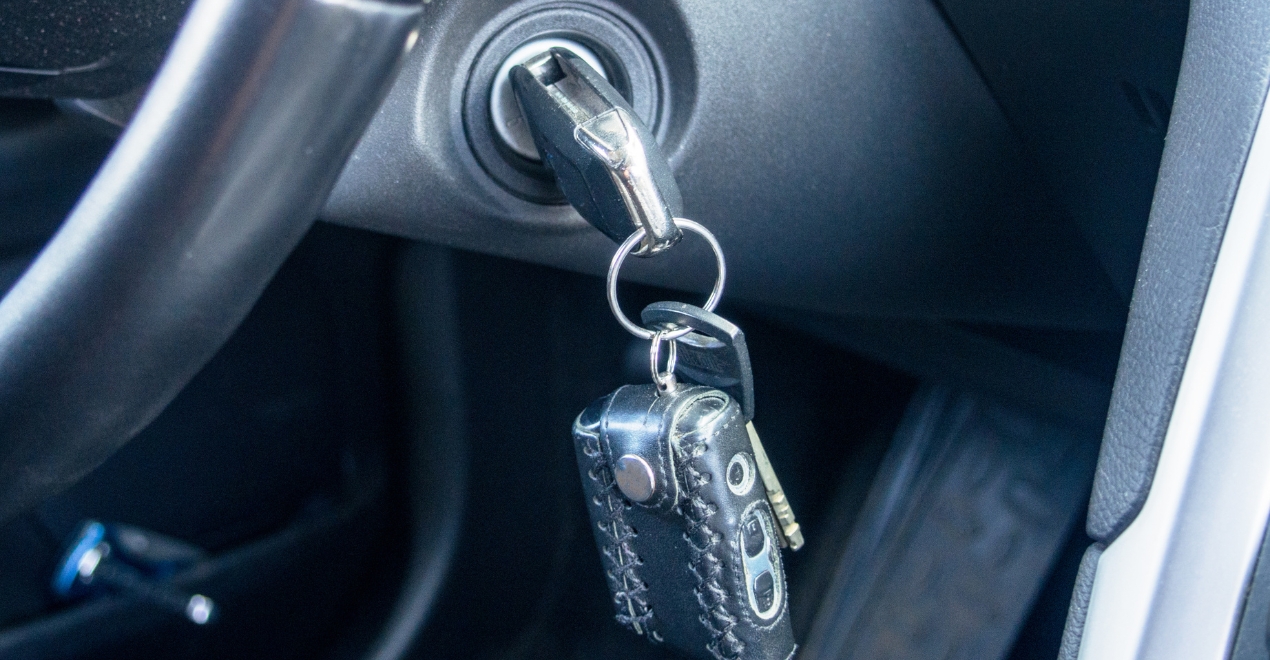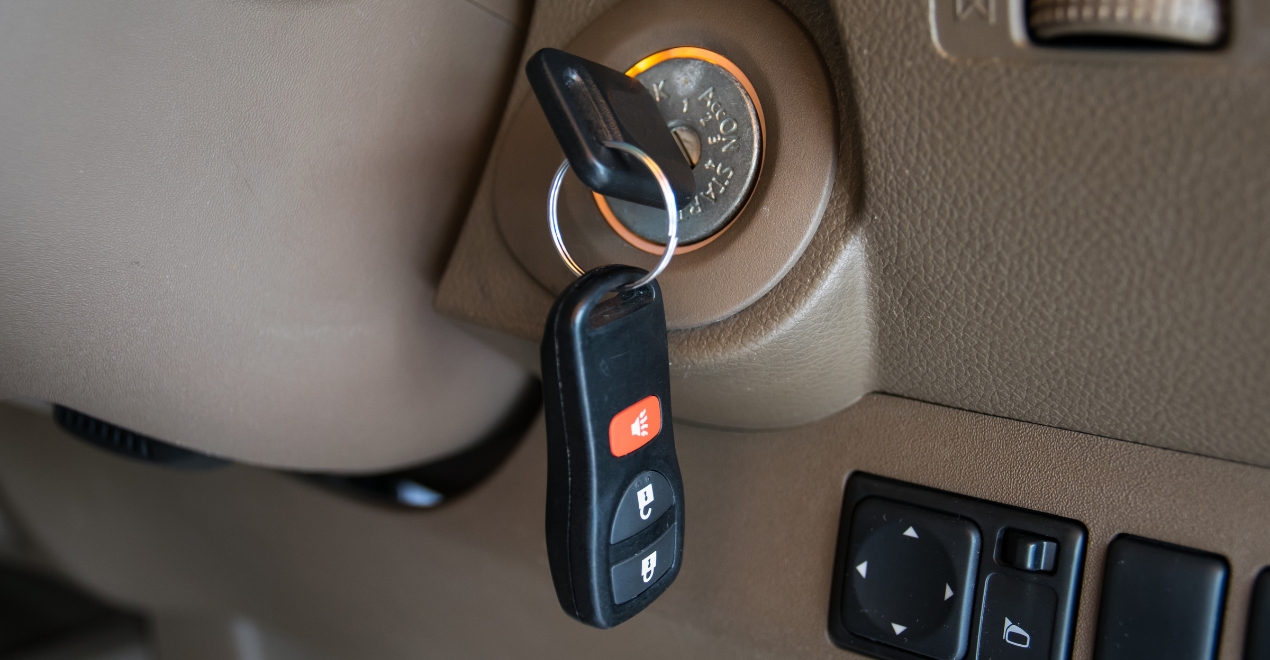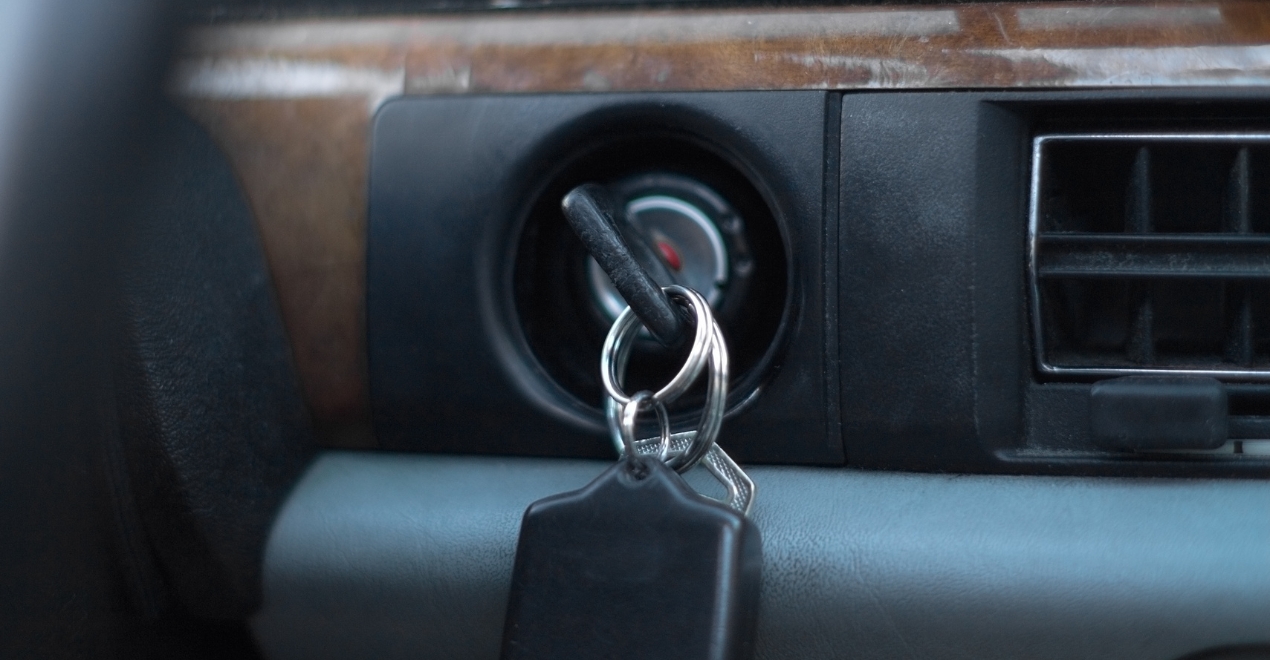Accidentally locking keys in a car can be a frustrating and stressful experience, often leaving you stranded and searching for a solution. This guide explores practical steps you can take to prevent this common mishap. By following these tips, you can significantly reduce the likelihood of locking your keys in the car and spare yourself the inconvenience and expense of calling a locksmith or roadside assistance. Worried about locking your keys in your car? Try Crossroads Helpline for expert advice and peace of mind.
Table of Contents
ToggleStep 1: Develop a Routine

Establishing a consistent routine when handling your car keys is key to avoiding accidentally locking keys in car. Make it a habit to check for your keys before closing the car door. This simple practice can become second nature with time and greatly reduces the chances of leaving your keys inside.
Developing a routine also involves creating a mental checklist every time you exit the vehicle. Before closing the door, take a moment to ensure your keys are in your hand, pocket, or bag. This proactive approach minimizes absentminded errors that often lead to lockouts.
Step 2: Utilize a Key Finder Device
Innovative technology offers a range of solutions to help you keep track of your keys. Key finder devices, equipped with Bluetooth technology, can be attached to your keyring. They work in conjunction with a smartphone app, allowing you to locate your keys with ease using sound alerts or GPS tracking.
Investing in a key finder device can provide peace of mind, especially if you frequently misplace your keys or have a hectic lifestyle. These devices are compact, affordable, and can save you significant time and hassle in the event of a lockout.
Step 3: Spare Key Placement

Strategically placing a spare key can be a lifesaver if you accidentally locking keys in car. However, it’s crucial to choose a secure location for your spare key to prevent unauthorized access to your vehicle.
Consider storing the spare key in a magnetic lockbox attached to the underside of your car. This discreet location ensures easy access for you while maintaining security against potential theft. Alternatively, entrust a spare key to a trusted friend, family member, or neighbor who lives nearby.
Step 4: Use Keyless Entry Systems Wisely
Modern cars often come equipped with keyless entry systems that offer convenience but also pose a risk of accidental lockouts. Be mindful of how you interact with these systems to avoid unintended consequences.
When using keyless entry, keep the key fob within reach until you have exited the vehicle and closed all doors. Avoid placing the fob inside the car prematurely, as this can result in automatic locking. Additionally, familiarize yourself with any override features your vehicle may have to prevent such situations.
Step 5: Maintain Contact Information for Assistance

Despite taking preventive measures, accidents can still happen. It’s prudent to be prepared by keeping contact information for a reliable locksmith or roadside assistance service readily available.
Research reputable locksmiths or roadside assistance providers in your area and store their contact details in your phone or wallet. Having this information on hand ensures prompt assistance in the event of a lockout, minimizing inconvenience and potential delays.
Step 6: Stay Calm and Assess Options
In the unfortunate event that you find yourself locked out of your car, remain calm and assess your options rationally. Panicking can lead to hasty decisions that may not be in your best interest.
First, check if any doors or windows are partially open and accessible. Attempt to retrieve your keys using non-invasive methods such as a wire coat hanger or a professional lockout tool if you have the necessary skills and equipment.
If unsuccessful or if the situation poses a safety risk, contact your designated locksmith or roadside assistance provider for help. Communicate your location clearly and follow any instructions provided to expedite the resolution.
Conclusion of Accidentally Locking Keys in Car
Preventing accidental lockouts involves adopting proactive habits and leveraging available resources to safeguard against inconvenience and potential costs. By implementing these six steps—developing a routine, utilizing a key finder device, strategic spare key placement, using keyless entry systems wisely, maintaining contact information for assistance, and staying calm—you can significantly reduce the likelihood of locking your keys in your car. Incorporate these practices into your daily routine to ensure a stress-free experience whenever you use your vehicle. Stay prepared and stress-free. Crossroads Helpline is here to help you avoid locking your keys in the car.

